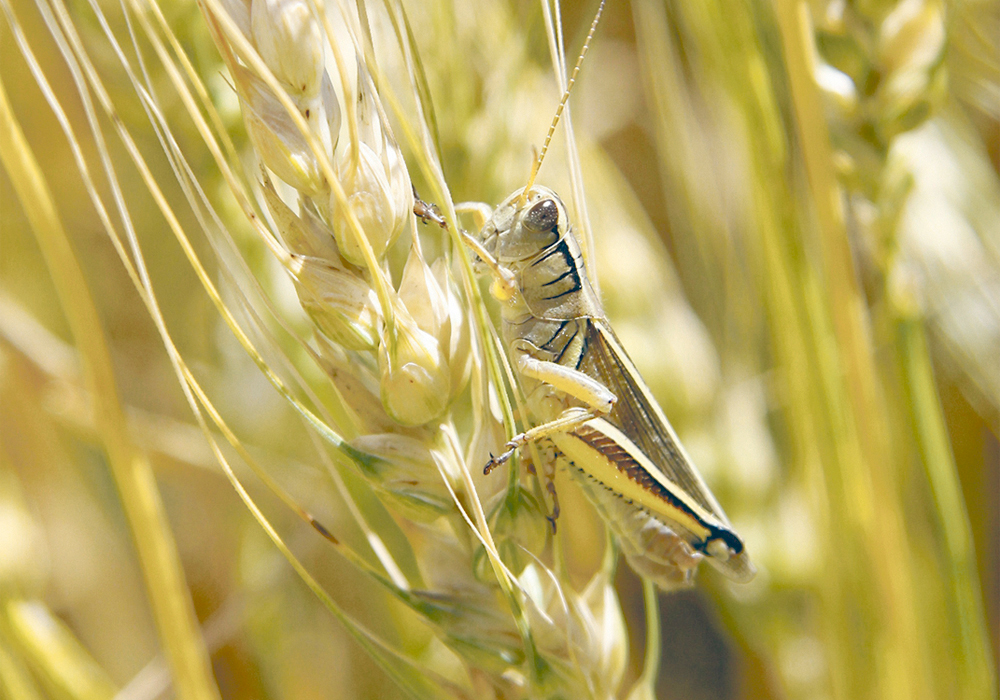Alberta and Saskatchewan are calling on the Pest Management Regulatory Agency to lift a ban on the use of lambda-cyhalothrin in livestock feed before the start of this year’s growing season.
Agriculture ministers from both provinces asked the PMRA to enact emergency reinstatement for the active ingredient in Matador and Silencer. In western Canadian agriculture, the pesticide is used to control flea beetles and grasshoppers.
The issue stems from a review by PMRA to ban the use of lambda products for use in livestock feed but allow it for crops used for human consumption.
Read Also

Pakistan reopens its doors to Canadian canola
Pakistan reopens its doors to Canadian canola after a three-year hiatus.
“It’s a different path than the (U.S. Department of Agriculture) is taking, which is one of our main concerns,” said Alberta Agriculture Minister Nate Horner during an interview.
Horner said his understanding is that PMRA believes effective alternatives exist. “That is definitely not the industry’s take. Our feeling is they definitely need to reevaluate this. I don’t think they understand the consequence of losing this effective tool,” said Horner. “More broadly, we have concerns about losing any tools out of the toolbox when we are effectively trying to focus on food affordability and productivity and supply.”
Complicating the disconnect between Canadian and U.S. regulations is the effect PMRA’s decision will have on imported feed products from the U.S.
Horner also wondered if import protocols for feed from the U.S. will change under the ban, and he pointed to an urgent need for U.S. feed in Western Canada following the 2021 drought.
“Will we be forced to test for this? Will there be other burdens to bringing that food in at a time where it needed to be fast and flexible?”
Part of the problem involved with PMRA decisions is the reporting structure, said Horner. The agency reports to Health Canada rather than Agriculture Canada. He said time is running out to reverse the decision to ensure the product can be marketed to western growers this year.
He said he and Saskatchewan Agriculture Minister David Marit have taken their concerns to the federal government and have heard nothing. He said chemical manufacturer Syngenta said it may have a week before the product misses the 2023 season.
Horner called the lambda-cyhalothrin situation one of several problematic issues regarding PMRA.
“We don’t want this to be a slippery slope where this just continues. We’ve lost strychnine to PMRA. We don’t think they fully understand the consequence of that yet either,” he said.
In 2019, the U.S. Environmental Protection Agency removed restrictions on lambda products. Syngenta, lead registrar for lambda-cyhalothrin, was unable to submit new data from the U.S. regarding the latest toxicological data before the deadline for public submissions.
















